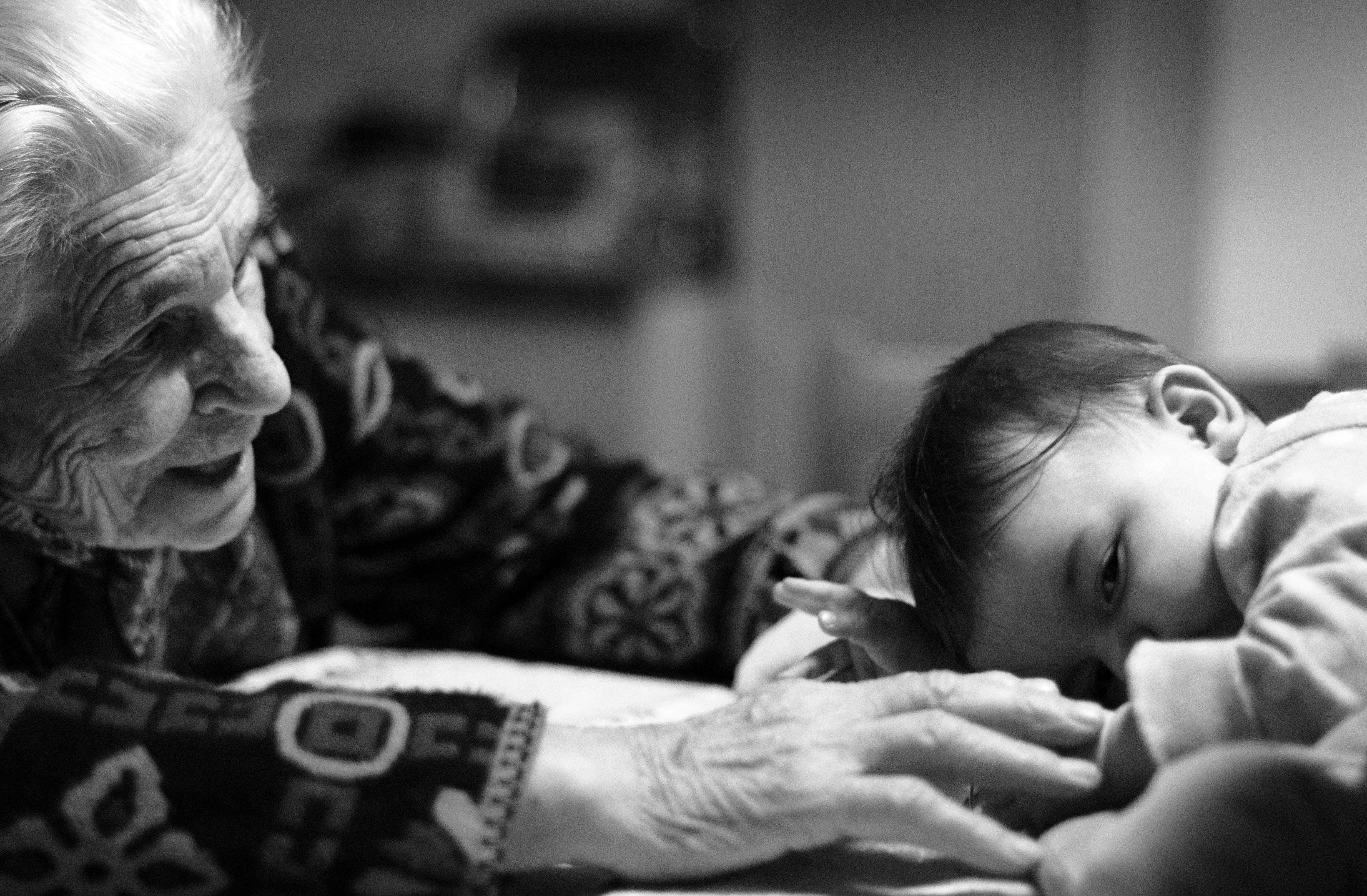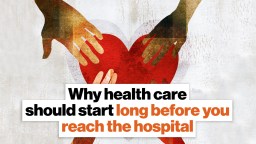MICHAEL DOWLING: If you look at where we are today vis-a-vis where we were 40 years ago in health care overall, it's a phenomenal success story. We've added 35 years to life in the last 100 years, a combination of public health and medical advancement. But because we have done so well in keeping you alive a long time, we've increased the cost. Cardiac care in the 1970s was cheap. Because there was nothing we could do for you. Today it's expensive, because we can do a lot. And the new advances coming out every day will allow us to do more. If you had a bad hip in the 1970s, what was the answer? Suck it up. You want to play golf? Eh, play a little less golf. Today, we can do a hip replacement in 38 minutes.
Because we're able to keep people alive longer, they live into their '80s and '90s. The bulk of health care expenditures are spent on older people at the end of life the last year to year and a half of life. And also, because we can keep you alive longer, we have now new diseases that are occurring that we didn't have before like Alzheimer's. You can't be talking about all of those great things and at the same time talk about, 'Well, you know, we spent 6% of our GDP in the 1960s on health care. Why are we spending 17% today?'. Because we can do a heck of a lot more today.
That does not mean that we don't have efficiencies that we can need to work on, or that we are not inefficient in certain areas, or that we don't overspend in certain areas. But I'm a big believer that the overall cost of health care will never come down. The best you will be able to is slow the rate of growth. That's different from what we should be doing to make sure that people's out-of-pocket expenses don't become a barrier to getting care. We've got two different issues. People confuse them all the time. People say, I have to pay more out of my pocket, therefore, health care is costly. Yeah, but you're not going to fix the overall cost. You've got to fix this issue. The cost growth can be reduced. But coming from 17% of GNP to 10% of GNP? That'll never happen.







